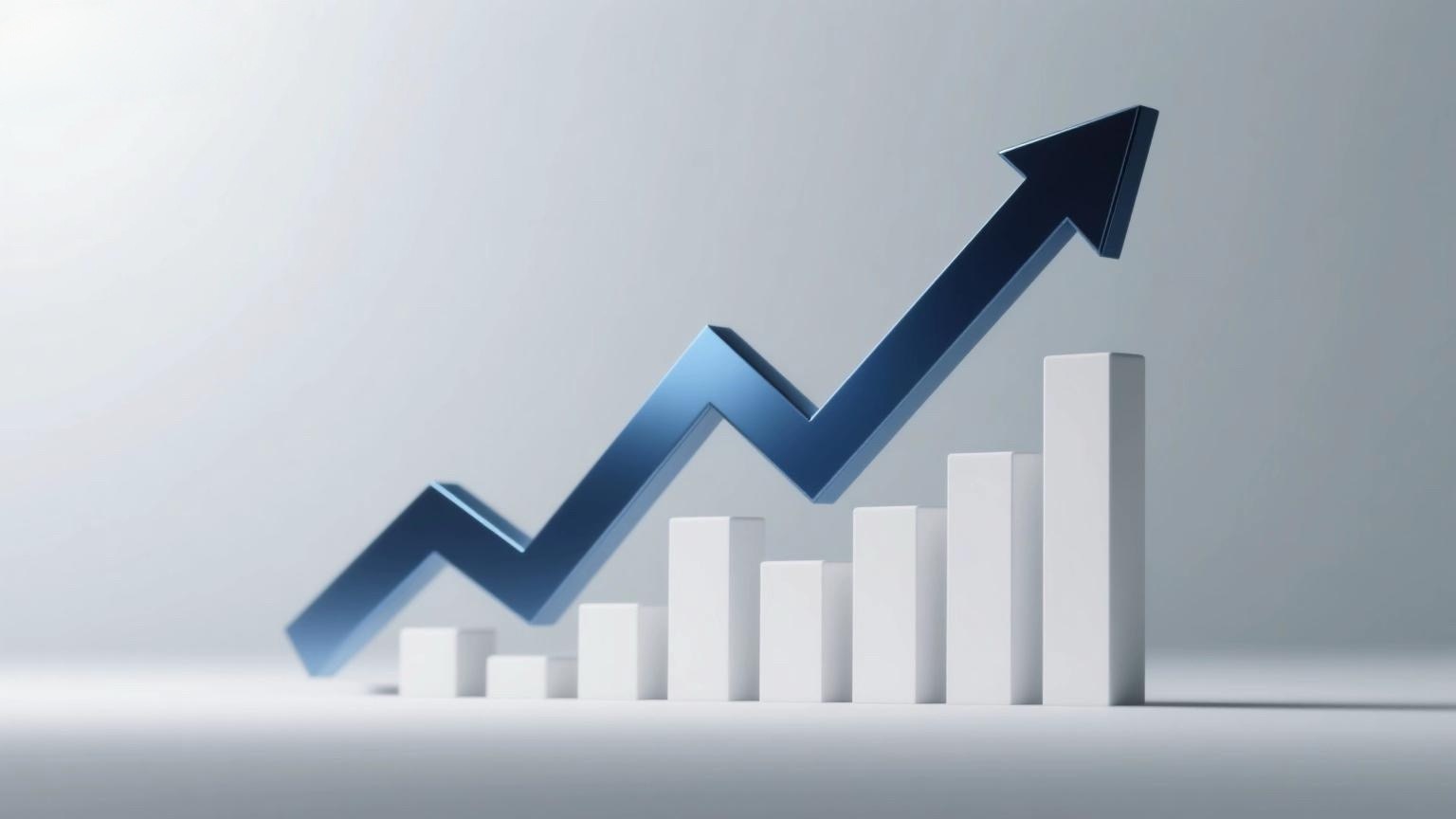
The news of Japan's stock market reaching new highs has also drawn global attention.
This morning, Japan's stock market opened higher and continued to rise. As of the time of writing by a Securities Times reporter, the Nikkei 225 index surged nearly 2%, while the TOPIX index rose 1.5% to 3,032.88 points, setting a historic record.
In terms of individual stocks, SoftBank Group soared over 12% during the session. Its financial report revealed a net profit of 421.82 billion yen for the first fiscal quarter ending in June, far exceeding market expectations of 158.23 billion yen (Bloomberg consensus). Notably, its Vision Fund reported a profit of 451.39 billion yen. SoftBank's founder, Masayoshi Son, is doubling down on bets to capitalize on the booming AI hardware investment wave. As part of this strategy, SoftBank has been increasing holdings in companies like NVIDIA and TSMC while reducing exposure to less relevant assets.
Additionally, former U.S. President Trump's threat to impose 100% tariffs on chips—while exempting companies relocating production to the U.S.—has boosted optimism for SoftBank’s $500 billion Stargate data center project in collaboration with OpenAI and Oracle. Recent reports also suggest OpenAI, backed by SoftBank, has seen its valuation skyrocket to $500 billion.
Sony surged over 6%, cumulatively gaining more than 10% in the past two trading sessions. The company earlier raised its full-year profit guidance after reporting Q1 FY2025 revenue of 2.6216 trillion yen (+2% YoY), operating profit of 340 billion yen (+36% YoY), and net profit of 259 billion yen (+23% YoY). It maintained its FY2025 revenue outlook at 11.7 trillion yen but raised operating profit and net profit forecasts to 1.4 trillion yen and 970 billion yen, respectively.
Japan’s trade negotiator and Economy Minister Ryosei Akazawa stated Thursday that the U.S. has pledged to rectify an executive order affecting Japan, ensuring the 15% "reciprocal tariff" won’t stack. After meetings with U.S. Commerce Secretary Rutnik and Treasury Secretary Besant in Washington, Akazawa added, "The U.S. confirmed excess tariffs beyond the agreed 15% will be refunded retroactively."
A day earlier, Akazawa noted the U.S. official notice (effective August 7) deviated from prior bilateral agreements, potentially imposing higher tariffs on Japan. He demanded corrections. On July 22, the U.S. and Japan agreed to a 15% "reciprocal tariff," which includes a 10% "base tariff" already in place since April. From August, Japan’s rate would rise from 10% to 15%.
Akazawa emphasized repeated U.S. assurances that goods with existing sub-15% rates would face a total 15% post-August adjustment. However, the U.S. notice implied an additional 15% atop current rates—contradicting the deal and disadvantaging Japan. He vowed to "seek U.S. explanations and enforce agreed terms."
















